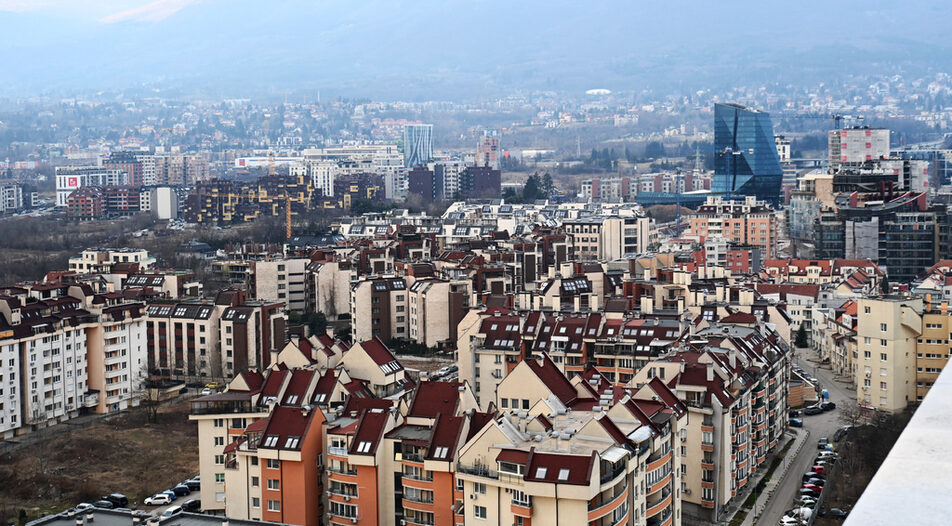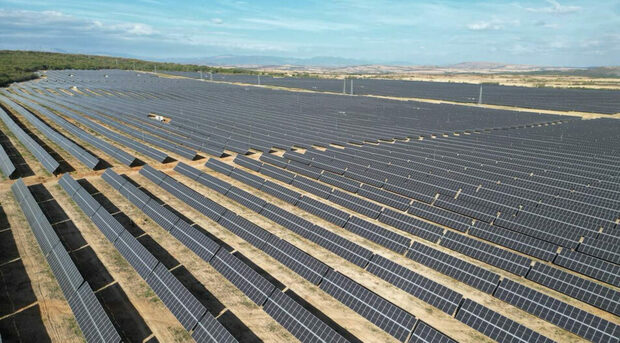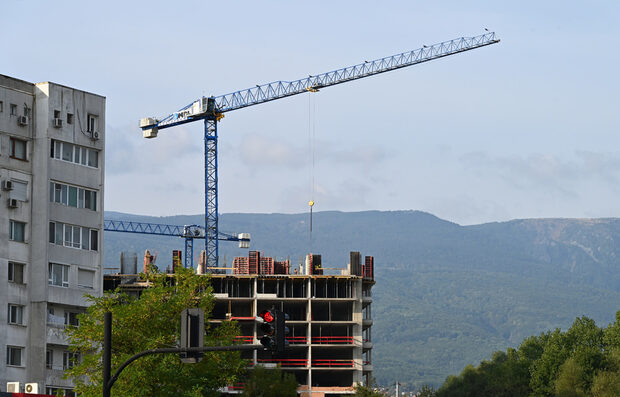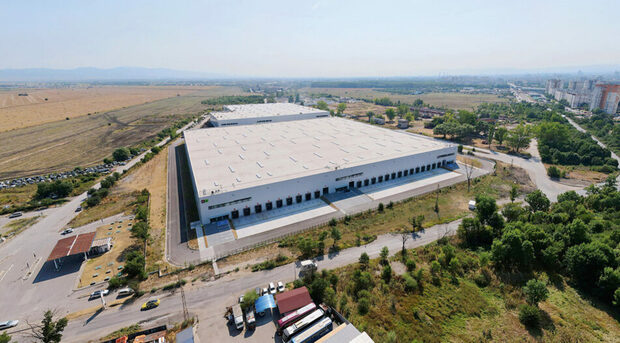Housing prices in the Eurozone have dropped for the first time in nearly a decade, driven by rising interest rates and persistent inflation. In the second quarter of this year, they fell by 1.7% compared to the same period in 2022, according to Eurostat. Meanwhile, Bulgaria is experiencing a double-digit housing price growth, with a notable surge possibly fueled by increased housing loans.
At the same time, this summer was the weakest for the local real estate sector, as transactions dropped by 13% across the country. According to data from the Registry Agency, the last time there were so few sales in Q3 was 12 years ago, with Sofia and Varna seeing the lowest rates of decline in business activity of 5.4% and 6.7%, respectively.
A Eurozone decline
This decline affects 10 out of the 27 European Union countries, with Germany being the hardest hit. Prices there are now 10% lower than in the previous year, leading some experts to question the accuracy of the official price index due to the low transaction volume.
The decline reverses a trend of EU housing prices steadily rising since 2014, following a post-COVID surge and a subsequent slowdown. The increase in European Central Bank (ECB) interest rates and high inflation have reduced purchasing power, cooling the housing market. The average mortgage interest rate in the Eurozone has risen from nearly 1.3% in early 2022 to over 3.7% in the middle of this year, according to ECB data.
International institutions like the ECB and the International Monetary Fund (IMF), warned of a potential property market crash in Europe months ago, with the most vulnerable countries being those where variable-rate mortgages are popular, such as the Baltic states, Spain, and Portugal.
The big exception
Against this backdrop, Bulgaria seems to be an outlier, with housing prices increasing by 10.7, marking the second-highest growth rate in the Union, despite declining real estate market activity. Both new and old housing prices have seen significant growth of 9.5% and 11.4%, respectively.
Rents in Bulgaria are also on the rise, increasing by 8.5% annually in the second quarter, compared to an EU average of 3%. Lower interest rates in Bulgaria relative to other European regions, are contributing to high credit activity, with housing loans growing by a record 18.7% by August. The convergence of Bulgarian housing prices with more developed European markets is also a factor, along with strong nominal income growth, which saw an average salary increase by 13% by the second quarter.
Inflation's impact on the housing market is complex. While it limits purchasing power and cools down demand, some households turn to real estate as an investment opportunity to safeguard assets against inflation. Bulgarian's preference for home ownership over renting further influences the local market dynamics.
Demand plummets
At the same time, property purchases in the third quarter of 2023 decreased by 13% compared to the same period in 2022. The number (54,227) is close to 2011 (54,997) - the lowest level since then, according to data from the Registry Agency.In the July-September period, a decline in completed transactions was observed in 100 of the country's 113 registry offices. Overall, as the year progressed, the decrease compared to 2022 deepened slightly: from -12.4% in the first half of the year to -12.64% in the first nine months. This is the fifth quarter with a decline in transactions in the country, as it was 15% in April-June.
Among the six major cities, the smallest outflow of property purchases was in Sofia (-5.4%). The property market in Varna seems to be in a relatively favorable position compared to the other big cities, too. There the decline in July-September was -6.7%, with more transactions (3,657) than in Plovdiv - a phenomenon last observed in the Q3 of 2009. Also, mortgage transactions decreased both in number and as a share of the total in the third quarter.
Housing prices in the Eurozone have dropped for the first time in nearly a decade, driven by rising interest rates and persistent inflation. In the second quarter of this year, they fell by 1.7% compared to the same period in 2022, according to Eurostat. Meanwhile, Bulgaria is experiencing a double-digit housing price growth, with a notable surge possibly fueled by increased housing loans.
At the same time, this summer was the weakest for the local real estate sector, as transactions dropped by 13% across the country. According to data from the Registry Agency, the last time there were so few sales in Q3 was 12 years ago, with Sofia and Varna seeing the lowest rates of decline in business activity of 5.4% and 6.7%, respectively.












